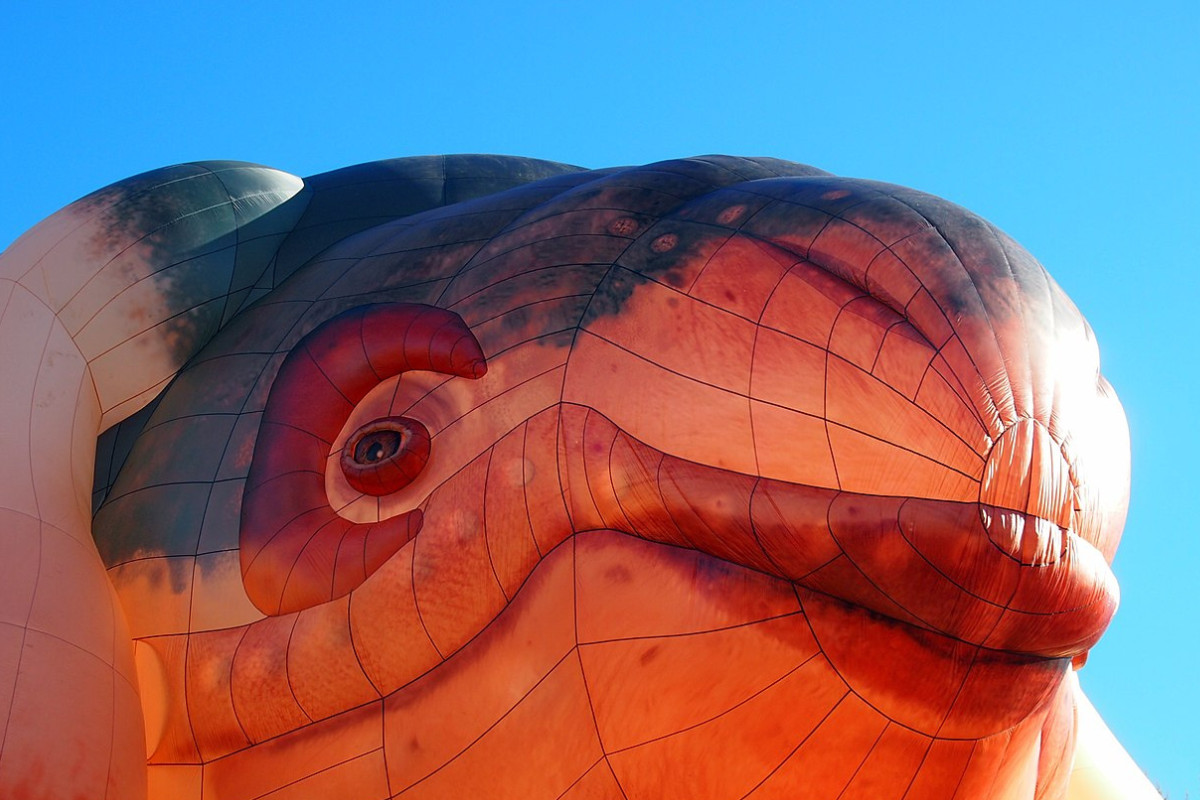
A world of grammatical wonders
The rainforests of north-east Queensland, the ancestral country of the Dyirbal people, are replete with wild fruit and vegetables. They were an important food source – so important that the Dyirbal language has a special gender just for edible plants.
This is just one of the “grammatical wonders” of the five Indigenous languages which were used for millennia in that region, and which, sadly, are no longer actively spoken. The last fluent Dyirbal speaker died in 2011, and his language – like many of the 250 or so tongues heard around the continent before colonisation – faded away.
However, thanks to the work of R M W (Bob) Dixon and the generous involvement of Indigenous collaborators around Cairns, the languages of the district – Dyirbal, Yidiñ, Warrgamay, Nyawaygi and Mbarbaram – are not completely lost.
One of Australia’s most distinguished linguists, Dixon has devoted nearly sixty years to studying and documenting these languages. Starting in the early 1960s, he worked in the field with the last fluent speakers, producing grammars, dictionaries and orthographies (spelling guides) which constitute permanent records and repositories of knowledge.
Notable among his prodigious output is a 2015 book, Edible Gender, Mother-in-Law Style and Other Grammatical Wonders, which integrates and expands on much of his life’s research, and describes the idiosyncrasies of the tropical rainforest languages.
Within the complex kinship systems of these cultures, it was taboo to directly address a mother-in-law, father-in-law, son-in-law or daughter-in-law. When talking within earshot of one of these relatives, a different speech style called Jalnguy – with a different vocabulary – was used.
Twenty words for ‘frog’
Dyirbal speakers disdained vagueness. Every type of plant and animal had a specific name. There was no generic word for “frog”, but there were twenty names for various frog species, including yudi, meaning “water frog with a sharp nose”.
In collaboration with botanists and zoologists, Dixon classified 560 plants in north-east Queensland and 480 animals and other creatures.
The comprehensive data which he gathered has contributed to the success of land rights actions and forms the basis of school programs that are helping to maintain and revitalise language and culture.
In his books, Dixon – still working in his eighties – defers to his “teachers”: the speakers of the ancient Aboriginal languages. He always “tried to let a language speak for itself, illustrating its cultural milieu”, he wrote.
Preserving language & culture
A critic of the forces of colonisation that led to traditional languages being silenced and marginalised, Dixon is a leading authority on linguistic theory. With his colleague linguistics scholar Alexandra Aikhenvald, he founded a linguistics research centre now based at James Cook University. His three-volume work on Basic Linguistic Theory has been hailed as “a modern classic”.
Dixon has also studied the languages of Fiji and the Brazilian Amazon, written extensively on English grammar, and produced books for a general readership, including his 2011 autobiography, I am a Linguist and Australia’s Original Languages: An Introduction (2019).
The loss of Aboriginal language and culture continues to be a major challenge facing Australia today. Along with his First Nations teachers, Dixon has helped to enhance Indigenous cultural identity and pride, while bolstering non-Indigenous Australians’ appreciation of their country’s linguistic diversity.



